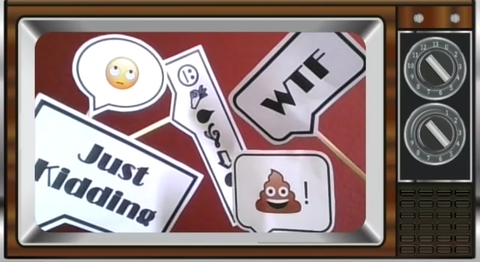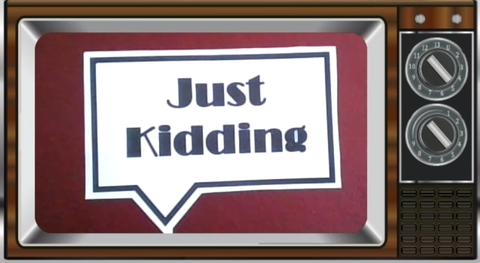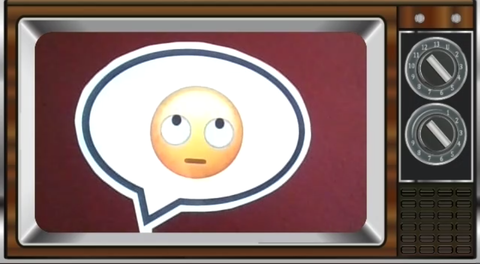Project Description
"Pop-Cultural Poetics and Politics of the Invective. The Invective Mode in Contemporary US-American Television"
Vituperation, (self-)debasement, mockery, humiliation, embarrassment — representations and performances of disparagement abound in American popular culture, to such an extent that they seem foundational for several popular genres, e.g. of comedy or of contemporary reality tv. While disparagement culture appears to enjoy a particular currency at the contemporary moment, it looks back on a substantial history in the US-American context.
Overall Trajectory
This project is interested in the form(s) that disparagement takes in American popular culture and in the cultural work that it does. It has begun to conceptualize disparagement as a distinct mode of popular communication — an invective mode which is marked by its own repertoire of representational strategies, its own affective regime, its own historical resonances and political valencies. This invective mode has played a key (and yet unexamined) role in the development of American popular culture — its media, its genres, its aesthetics, its social functionalities. In its first phase, the project's work focussed on the invective mode in contemporary American television culture.
The case studies we performed on sitcoms and makeover shows help to shed light on the central role that invective practices seem to play for the boundary work of individual series. Firstly, we observed that invective dynamics are at play whenever genre boundaries are challenged, perforated, transgressed and newly defined. Moreover, we were able to describe the overlaps and liminal spaces between different symbolic forms. Doing so, our research focussed on the interplay of two symbolic forms: narrative and spectacle. These symbolic forms and their interplay seem to have a crucial impact on the affective and emotional structures of the analyzed material.
Case Study A: Sitcom
This case study analyzed the formal principles, media-specific realizations, and social and political resonances of invectivity in contemporary situation comedies. Through a comparative analysis and close reading of a broad corpus of materials, larger patterns of invective strategies were identified and related to specific conventions that define the dynamism of the comedic genre and its developments. In doing so, the case study sheds light on where the poetics of the material rely on moments of invectives, formally describing them in their bandwidth of symbolic abuse, as well as examining their social connotations.
Case Study: Makeover Show
This ungoing case study has examined various forms of disparagement within the well-established reality TV genre of the makeover show, asking about its invective poetics and politics. The project has explored the spectrum of dramatized invective forms, describing their performative dynamics as well as analyzing how they are intertwined with the narrative structure and realized through the means of the specific audiovisual medium. Although the analyzed shows follow a very carefully orchestrated grammar that seems to oscillate between the calculated release, escalation and control of affects, its invective moments bear the potential to irritate. The study furthermore addresses how the invective dynamics of the genre shape the cultural work it is doing and inform the way the makeover offers opportunities for identification, negotiates social norms, and handles socio-cultural differences.



